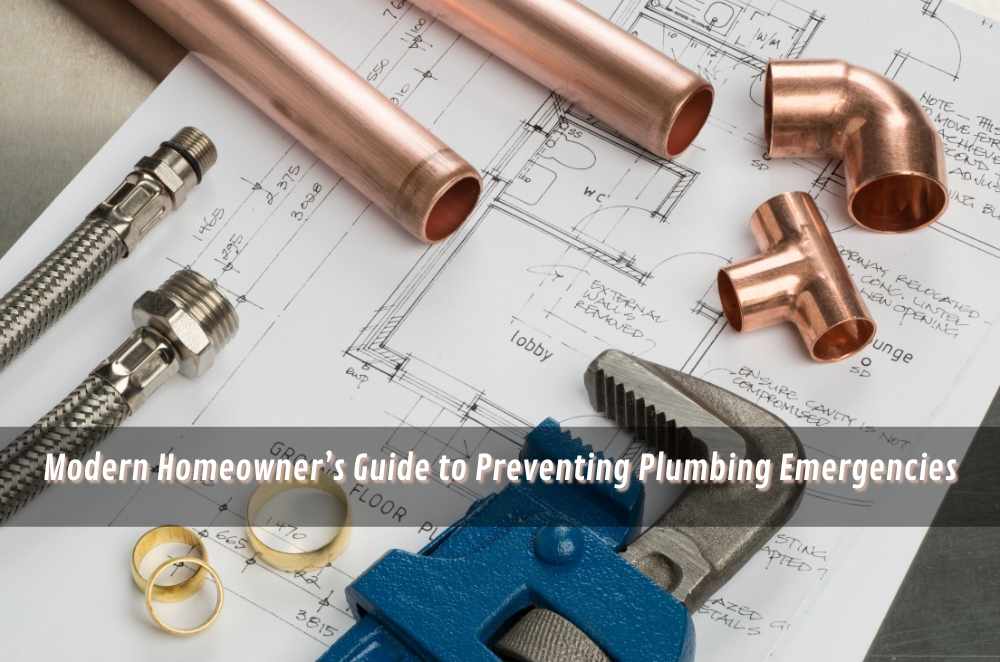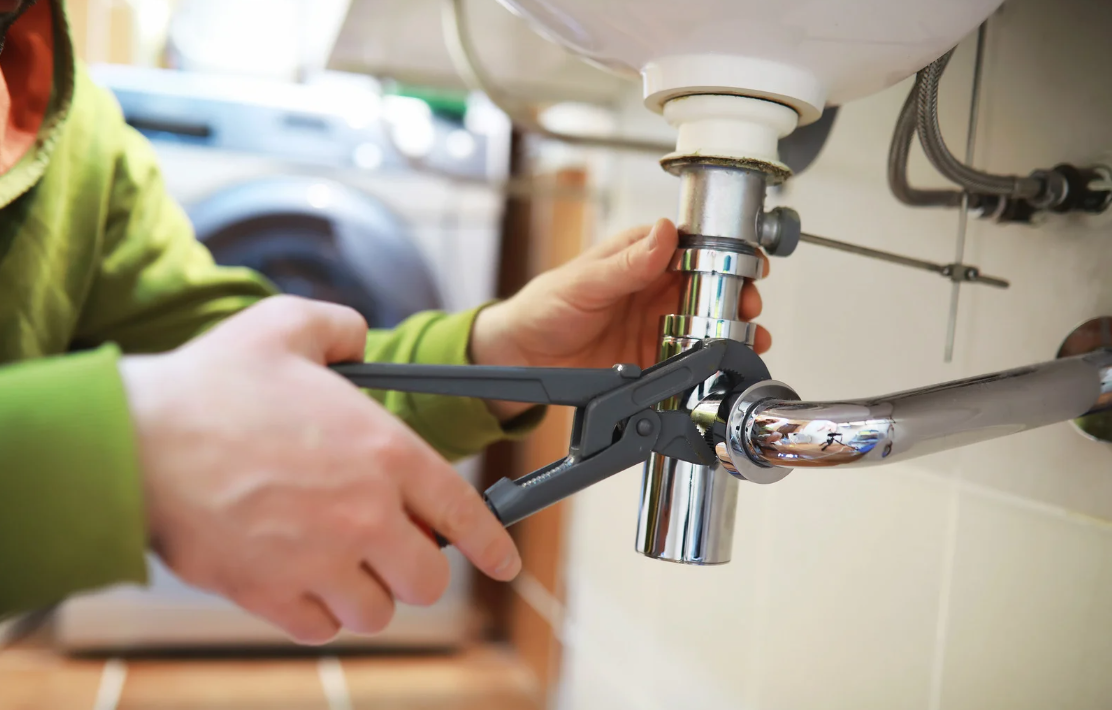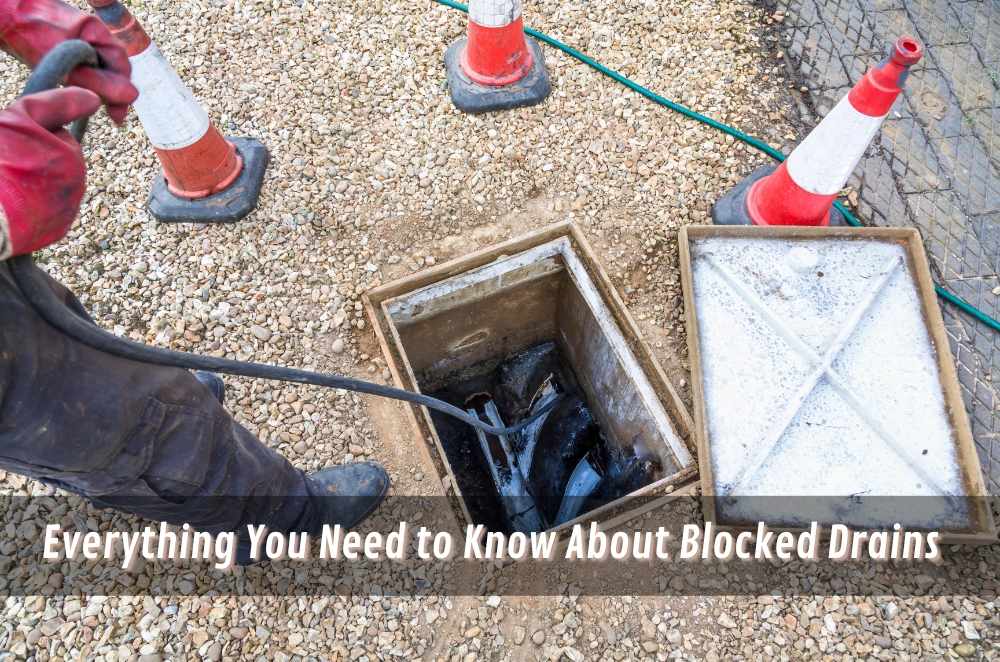
Sydney homes often juggle old pipework with modern appliances, which makes plumbing a quiet but constant background player. Problems usually start small—a tap that keeps dripping, a drain that burps after rain, or a faint smell of damp behind the laundry wall. Most people shrug these off, but that’s how emergencies sneak up. The best approach isn’t to wait for drama but to get ahead with small, steady habits and a reliable contact list. That’s why I keep trusted plumbing solutions in Sydney handy, local professionals who know the quirks of different suburbs and can step in before a minor issue grows into a nightmare. It isn’t about chasing every tiny problem with panic; it’s about being prepared. In this guide, you’ll find the kind of checks, tips, and simple routines that keep your system humming and your weekends free of plumbing chaos.
Why prevention beats disruption
Emergencies rarely happen out of the blue. They develop in the background while life is busy, and the first hints are usually small enough to ignore. If you train yourself to notice those hints, the “emergency” never really arrives.
Watch for slow drainage after showers or dishwasher cycles; timing matters.
Check under sinks for damp rings, warped cabinetry, or greenish staining on fittings.
Glance at the water meter with taps off; any movement can indicate a hidden leak.
Listen for pipe chatter after you shut a tap quickly; a persistent knock suggests pressure issues.
I’ve found a light, repeatable rhythm works best: quick visual checks when you do the bins, a deeper look after heavy rain, and one planned circuit of the hot water system each year. Nothing dramatic—just a practical loop that keeps you familiar with the usual sights and sounds, so the unusual stands out.
Many homeowners turn to platforms like Houzz when planning bathroom or kitchen upgrades, not just for design ideas but also to spot recurring issues that lead to plumbing stress—like poor fixture placement or undersized drainage. These case studies often underline how small oversights can snowball into bigger repair jobs later.
Staying within the rules: licensed work that lasts
There’s patching, and then there’s doing the job in a way that holds up to time, temperature swings, and daily use. The second kind starts with standards. Licensed work lives on paper as well as in pipes, and that paperwork matters long after the wrench leaves the site.
Ask which standard or code a fix follows; it sets expectations for durability.
Keep a simple home log for compliance notes and product info.
Gas, drainage changes, and hot water replacements should come with proper documentation.
Warranty terms help you understand what’s covered if a part fails early.
In New South Wales, plumbing isn’t just about tools and technique—it’s tied to law. Understanding the basics of NSW plumbing licence regulations gives you confidence that the work on your home is being done legally and safely, and it also helps when you’re choosing the right professional for a particular job.
Stop blocked drains before they escalate
Drains struggle when small habits stack up. Hair collects in the elbows. Soap scum turns sticky. Kitchen grease cools and clings. Outside, leaf litter mats over grates, and thirsty roots nudge their way into tiny gaps. None of this screams for attention—until it does.
Fit strainers in showers and sinks; empty them as part of the weekly tidy.
Wipe pans before washing to keep fats and fine scraps out of the pipes.
Trim shrubs that sit over older lines, which are more vulnerable at joints.
After long, soaking rain, do a quick lap and clear yard grates and pits.
The most effective way to avoid repeat issues is to focus on blocked drain prevention as part of your regular home care. It’s not about big changes—just steady, simple habits in the kitchen, bathroom, and garden that stop blockages from forming in the first place.
Keep hot water steady year-round
Hot water systems are stoic workhorses—until sediment, age, or a tired valve starts a chain of little annoyances. The clues tend to be subtle: a shiver mid-shower, a low thrum as the unit cycles, a faint rust bloom near a fitting, or a damp patch that wasn’t there last week.
Note any change in temperature stability and recovery time after consecutive showers.
Do occasional visual sweeps around the unit for weeping joints or corrosion.
Check that the pressure relief valve isn’t constantly dribbling.
Keep the area around outdoor units clear so they can breathe and shed heat.
When small problems tip into something bigger, it helps to understand what a thorough repair process looks like. A clear example of Sydney hot water tank repair shows how professionals approach diagnosis, safety checks, and the kind of fixes that keep the system reliable day after day.
Reports on HomeAdvisor, which connects households with trades across the US, frequently show hot water failures as one of the most urgent service requests. While the context is American, the pattern is familiar in Sydney—systems tend to fail suddenly, and households are left scrambling without a backup plan.

A maintenance rhythm that actually sticks
Grand plans fade; simple habits stay. Build a loop you’ll actually follow, and the system settles into a predictable, low-drama groove.
Quarterly: after heavy rain, clear outdoor grates and check any low-lying yard drains.
Twice a year: look under sinks for swelling or staining and feel along flexi-hoses for kinks.
Annually: give the hot water system a once-over—pressure relief action, anode (if applicable), and connections.
Anytime: if pressure changes suddenly or pipes knock, jot the time and fixture; patterns matter.
This isn’t a chore list so much as a habit stack. It pairs well with things you already do—bin night, garden tidy, a spring cupboard clean—so it doesn’t demand extra energy.
Final thoughts
Plumbing is happiest when it’s boring. Keep an ear out for the little tells, look after drains and hot water with light, regular attention, and insist on licensed work when the job steps beyond basic maintenance. Do that, and the “emergency” becomes a short interruption rather than a household ordeal. The system gets to do what it’s meant to do—quietly—and you get your evenings back.










Write a comment ...